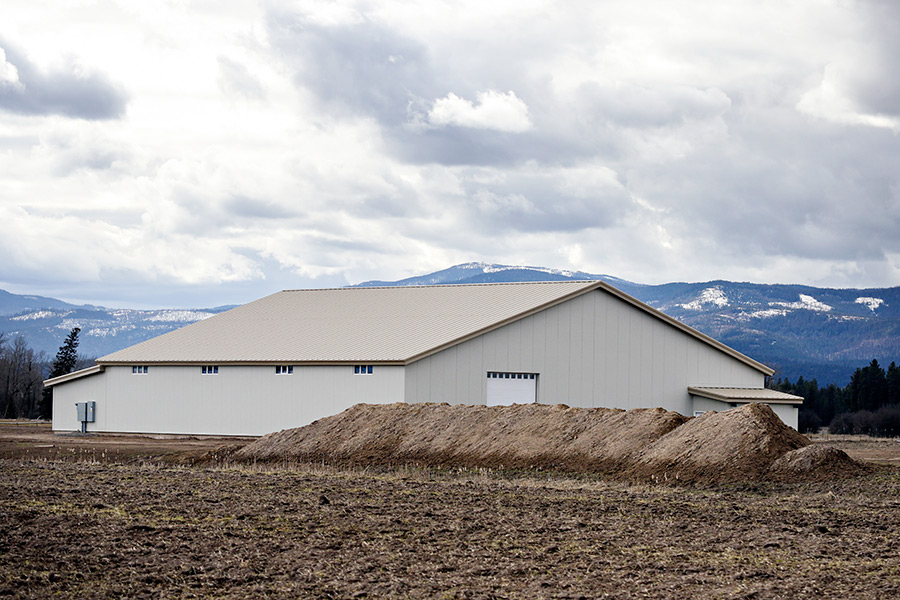Landowners in the Egan Slough area have filed suit against the Flathead County Commission after the board decided in November to reject a zoning district expansion that could affect a proposed water-bottling plant in Creston.
The Egan Slough Community, with Thomas Lindell also listed as a plaintiff, filed the lawsuit on Dec. 20 in Flathead County District Court. The suit asks the court to reverse the commission’s Nov. 21 decision to deny the zone expansion, as well as declare the commission’s decision “arbitrary, capricious and an abuse of discretion.” The rejected citizen-initiated measure was seeking to expand the 1,150-acre Egan Slough Zoning District by adding 530 acres.
This zoning change request took on extra intensity because of the potential effect it could have on the Montana Artesian Water Co., a water-bottling operation proposed by Creston resident Lew Weaver.
The Egan Slough Zoning District was created by citizens in 2002 as a way to preserve the agricultural land and rural character of the area, while preserving open space, wildlife habitat, and property values. The expansion would have included Weaver’s property.
According to permit applications, the water company has asked to pump 710 acre-feet of water annually from the aquifer, or roughly 1.2 billion 20-ounce water bottles. The facility would be allowed to run 24 hours a day, all week.
Despite dozens of people speaking out in public support for the expansion, especially during the Nov. 21 hearing, the commission voted unanimously to reject the measure. At the hearing, Commissioner Pam Holmquist said she couldn’t vote to expand the district because it seemed to single out a property owner — Weaver — whose permits for the plant are still under scrutiny at the Department of Natural Resources and Conservation.
The lawsuit asserts that this water-bottling plant could eventually add 200 car and truck trips per day to the rural gravel roads, creating safety concerns and noise and air pollution, and impacting property values. The suit said an expert real estate evaluation placed the total loss of property values at more than $16.6 million for landowners around the plant.
Plaintiffs also allege that the commission received extensive public comment, and then subsequently ignored the facts of the situation and did not “in any meaningful way” address concerns about public health, safety and welfare.
During the Nov. 21 hearing, Deputy County Attorney Tara Fugina prompted the commission to discuss these issues. Krueger said agriculture is already an industrial industry, with semi trucks traveling those same roads to pick up the harvest. He also said he didn’t believe Weaver intended on running his bottling plant 24 hours a day, but that the state determines permits on a 24-hour scale.
“I don’t think that Mr. Weaver’s water-bottling plant is ever going to send (more than 100) loads a day,” Krueger said.
Holmquist agreed.
“I don’t believe that this would change what’s out there in any way,” she said, to the displeasure of the crowd gathered.
The suit says that the commission didn’t adequately respond to public comment and denied the Egan Slough community and the public meaningful participation in the process.
